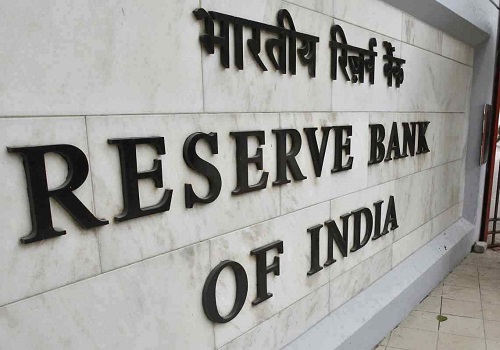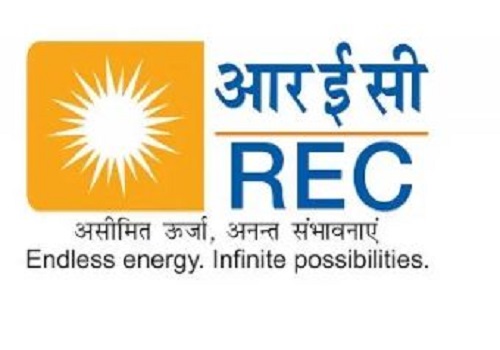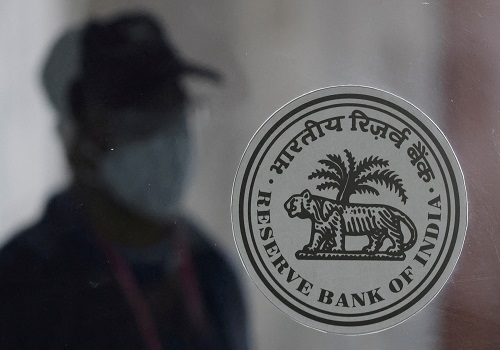RBI rolls out new norms for banks, NBFCs on model risks in credit

The Reserve Bank of India (RBI) on Monday issued a circular to all banks and NBFCs, introducing new regulatory principles for management of model risks in credit, with a view to ensuring prudence and robustness in the process.
Regulated Entities (REs) use various models as part of the credit management life cycle for borrower selection, credit scoring/ rating, pricing, risk management, credit loss provisions, etc.
Inherently, model outputs are exposed to uncertainties as they are based on assumptions which may not manifest in the envisaged ways and may take different forms in a real-world scenario, the RBI said.
This potentially exposes the REs (banks, NBFCs and housing finance companies) to model risk, which has implications on prudential aspects of credit risk management, compliance and reputational risk, the RBI further stated.
The RBI said that a regulated entity will have to draft a board-approved policy for all the risk management model frameworks it uses, including the reason for adopting a third-party model.
All individual credit model deployment and subsequent changes would be based on the approval of the risk management committee of the entity's board, the RBI stated.
The RBI said that the circular will come into force within three months from the date of issuance.
New credit models to be adopted by REs shall follow these guidelines with effect from the above date and the existing models shall be validated in terms of these guidelines within six months from the date of issuance of this circular.
The regulations come against the backdrop of the RBI's recent warning to NBFCs against becoming over-reliant on algorithm-based credit models.
While the application of technology in models has facilitated faster decision-making under complex scenarios, it also adds complexity to the model risk management framework, implying the need for a comprehensive understanding, a robust validation mechanism as well as appropriate governance and oversight, the RBI pointed out.
























